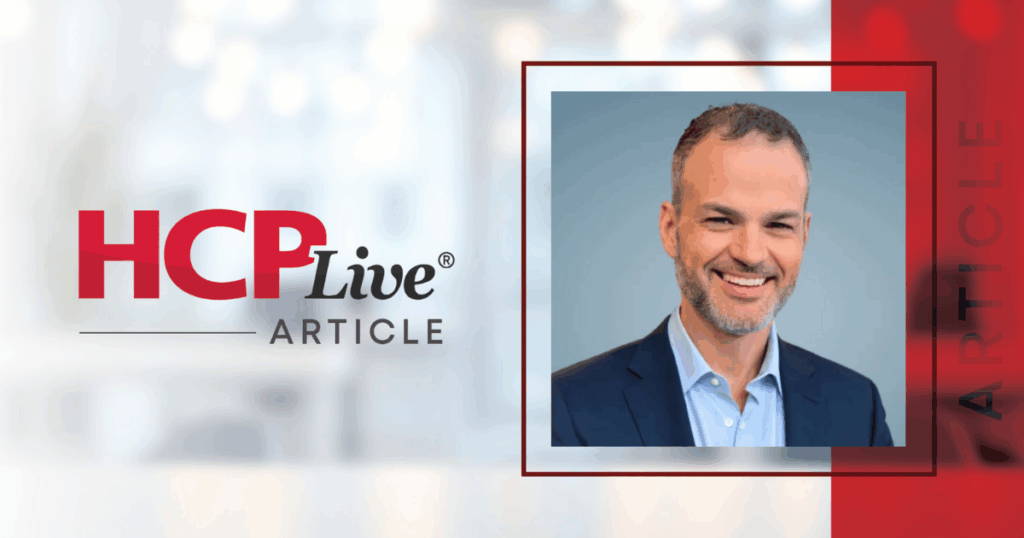
The American Gastroenterological Association (AGA) has unveiled its latest clinical practice guideline for managing gastroparesis, a complex gastric motility disorder. Released on September 19, 2025, in the journal Gastroenterology, the guideline provides 12 conditional recommendations aimed at improving diagnosis and treatment strategies for both idiopathic and diabetes-related gastroparesis.
Dr. Kyle Staller, a gastroenterologist and director of the Gastrointestinal Motility Laboratory at Mass General, emphasized the guideline’s intent: “We intend these recommendations to be used by clinicians to guide the management of patients and inform considerations of benefits and harms of treatments in each individual case, rather than providing a specific standard to adhere to.” The guideline aims to enhance the delivery and management of gastrointestinal healthcare services.
Development and Review Process
The guideline was crafted by an 8-member panel, including six clinical experts in gastroparesis and two methodologists skilled in the Grading of Recommendations Assessment, Development, and Evaluation (GRADE) system. The document underwent a rigorous review process, which included a 30-day public comment period, external peer review by topic experts, and patient feedback. The AGA Institute’s Clinical Guidelines Committee and Governing Board also conducted organizational-level reviews.
Key Recommendations
The panel reached consensus on 12 recommendations. Notably, the AGA advises against using a 2-hour or shorter gastric emptying study for diagnosing delayed gastric emptying, due to high rates of false-negative and false-positive results. Instead, a 4-hour gastric emptying study is recommended.
For treatment, the AGA conditionally recommends metoclopramide and erythromycin. Metoclopramide’s recommendation is supported by seven clinical trials showing significant symptom reduction in nausea, vomiting, early satiety, and postprandial fullness. However, potential adverse effects, including the risk of tardive dyskinesia, necessitate thorough patient discussions before starting treatment.
“The FDA has issued a black box warning regarding the risk of tardive dyskinesia with metoclopramide.”
Although no placebo-controlled RCTs exist for erythromycin’s efficacy in gastroparesis, its recommendation is based on comparative trials with metoclopramide. Despite few safety concerns, erythromycin carries FDA warnings about hepatotoxicity, QT segment prolongation, and drug interactions due to Cytochrome P450 3A4 inhibition.
Alternative Treatments and Research Needs
The guideline advises against using domperidone, prucalopride, aprepitant, nortriptyline, buspirone, and cannabidiol as first-line therapies. Additionally, the routine initial use of gastric peroral endoscopic pyloromyotomy (G-POEM) or gastric electrical stimulation is not recommended, reserving these for patients with symptoms unresponsive to medical therapies.
The AGA refrained from recommending surgical pyloromyotomy and pyloroplasty due to insufficient high-quality evidence. Instead, the panel calls for further research, including sham-controlled RCTs and head-to-head clinical trials comparing surgical and endoscopic pyloric interventions.
“Overall, there is still considerable unmet need in the treatment of gastroparesis, and carefully performed randomized trials to evaluate efficacy of treatments are necessary,” the investigators concluded.
Implications and Future Directions
This guideline release highlights the ongoing challenges in managing gastroparesis, a condition that significantly impacts patients’ quality of life. The recommendations aim to refine diagnostic accuracy and optimize treatment efficacy, yet they underscore the necessity for continued research and innovation in this field.
As the medical community digests these guidelines, the focus will likely shift towards implementing these recommendations in clinical practice and addressing the highlighted research gaps. The AGA’s proactive stance in updating clinical guidelines reflects a commitment to advancing patient care and fostering a deeper understanding of gastroparesis.







